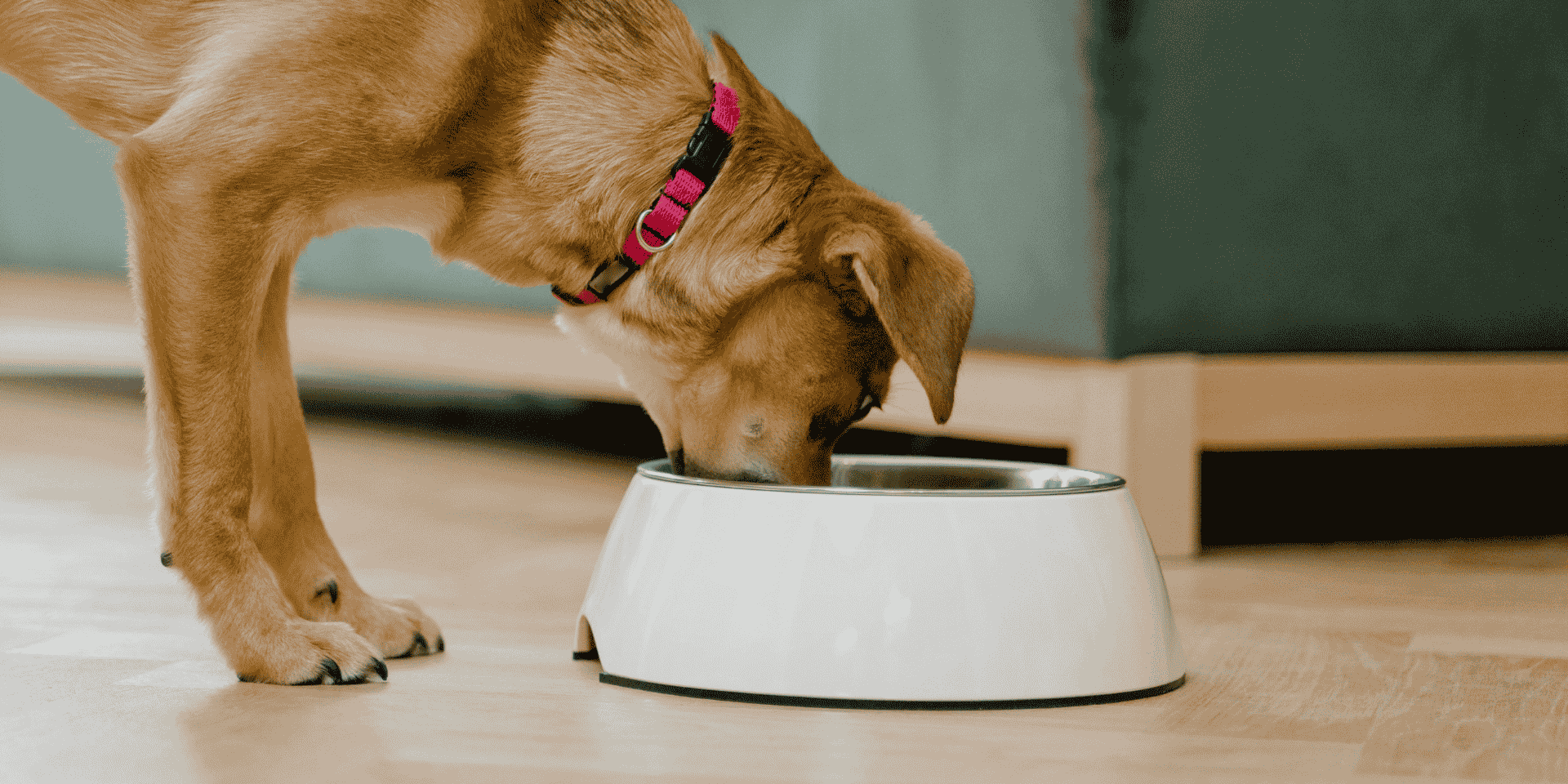
Dog nutrition is one of the most important factors in your pet’s overall health, behavior, and quality of life. A balanced diet affects your dog’s energy, immunity, digestion, and even lifespan. Whether you prefer commercial dog food, raw feeding (BARF), or home-cooked meals, the foundation of good dog nutrition lies in providing the right nutrients in the correct balance.
What Nutrients Do Dogs Need?
Good dog nutrition is built on scientifically proven principles. Every dog requires:
- Proteins – essential for muscle and tissue growth.
- Fats – a vital energy source and provider of essential fatty acids.
- Carbohydrates – not essential, but can support digestion and supply extra energy.
- Vitamins and minerals – such as calcium, zinc, and vitamin D, which strengthen bones, metabolism, and immunity.
The key is not one single ingredient, but the overall balance of nutrients in your dog’s diet.
Types of Dog Diets: Dry, Wet, Home-Cooked, or Raw?
There are many feeding options, and the right choice depends on your dog’s needs and your lifestyle.
- Dry dog food (kibble) – convenient, long-lasting, and cost-effective. Always ensure enough water intake.
- Wet food – high in moisture and very palatable, though often more expensive long term.
- Home-cooked meals – allow full control over ingredients but require planning and supplements to meet nutrition needs.
- Raw feeding (BARF diet) – popular among many dog owners but requires careful knowledge and sometimes professional guidance.
Each option can work, as long as your dog’s nutrition is balanced.
Feeding Frequency and Portion Control
A crucial part of dog nutrition is not just what you feed, but also how often. Most adult dogs do well with two meals per day, which helps stabilize blood sugar and prevents overeating. Puppies, seniors, and dogs with special needs may require smaller, more frequent meals.
Portion size should be guided by feeding recommendations but ultimately adjusted according to your dog’s body condition. You should feel your dog’s ribs without them being overly visible. Overweight or underweight dogs both face health risks.
And remember: fresh water is an essential part of dog nutrition and must always be available.
Special Nutritional Needs in Different Life Stages
A dog’s nutrition should be tailored to its age, health, and activity level:
- Puppies – need energy-rich food with the right calcium balance for growth.
- Pregnant or lactating dogs – require highly nutritious, calorie-dense diets.
- Active and sporting dogs – benefit from extra energy and recovery-supporting nutrients.
- Senior dogs – may need lighter, easily digestible food.
- Dogs with medical conditions – such as kidney disease or allergies often need specialized veterinary diets.
Consulting a veterinarian ensures your dog’s nutrition matches its unique needs.
Balanced Dog Nutrition = Lifelong Wellbeing
Dog nutrition doesn’t need to be complicated. The goal is to provide all essential nutrients daily, adjusted to your dog’s age, breed, size, and activity level. With consistency, high-quality food, and proper portion control, you create a foundation for a long, healthy, and happy life with your dog.